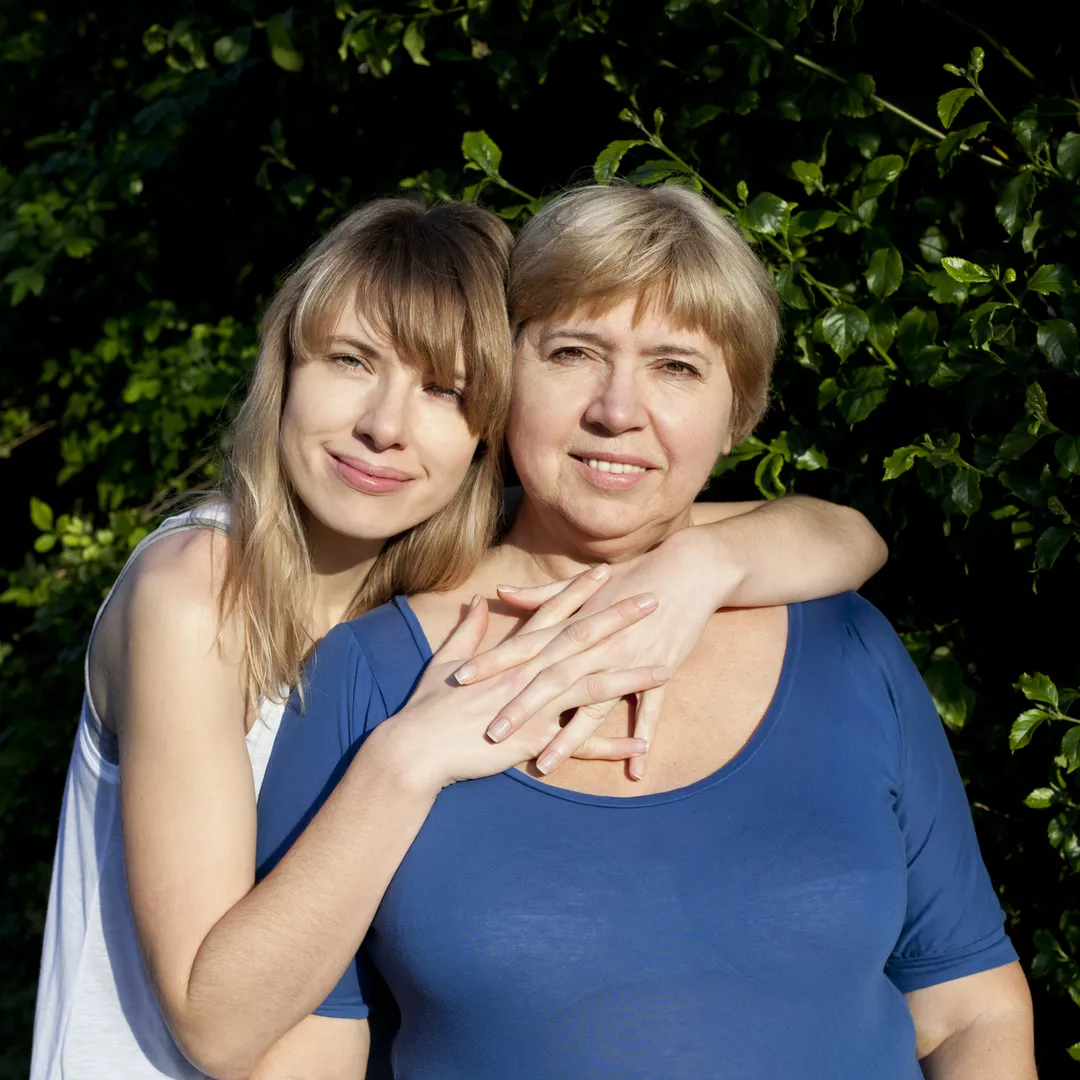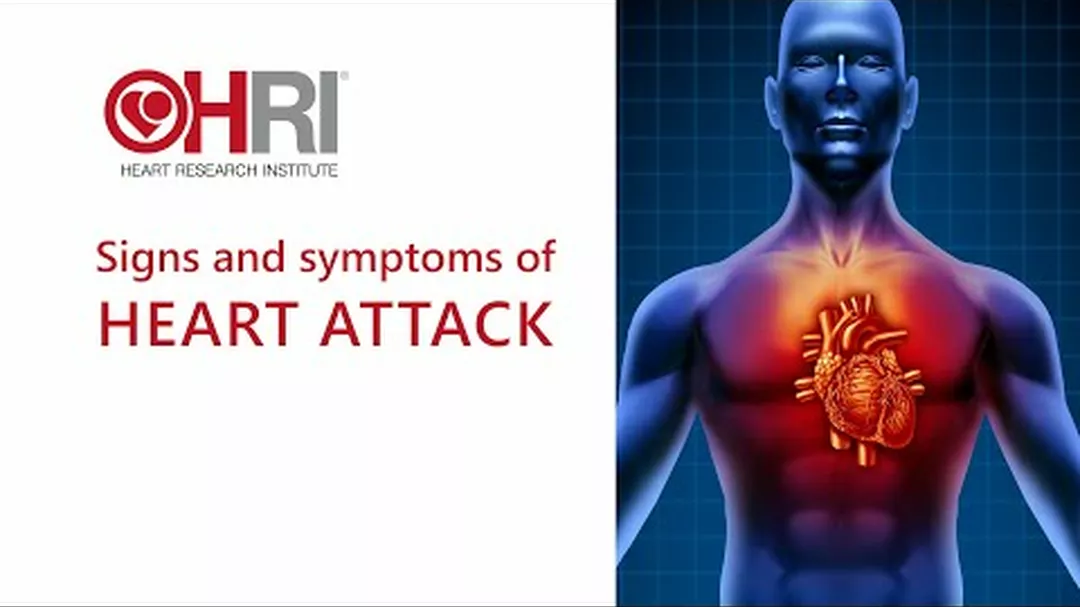Heart attack symptoms in women: when to call the hospital
A heart attack occurs when the heart is deprived of oxygen because one of the coronary arteries that supplies oxygen-rich blood to the heart is blocked. The longer that the artery is blocked, the greater the damage to the heart. The heart muscle can start to die when deprived of oxygen, and it can be permanently damaged if blood flow is not quickly restored.
Seek emergency medical help or go to hospital immediately if you, or someone you know, is experiencing symptoms of a heart attack. The earlier that the heart attack and its cause are treated, the better the chance of survival.
Common heart attack symptoms in women
There are various symptoms of heart attack that can be experienced individually or in combination. The most common heart attack symptoms are:
- chest pain, pressure or an aching sensation in the chest or arms that can spread to the neck, jaw or back
- shortness of breath or breathing difficulties
- nausea or vomiting
- heartburn, indigestion or abdominal pain
- light-headedness or sudden dizziness
- feeling faint or anxious
- cold sweats
- fatigue.
Heart pain for women can be different than in men
The most common heart attack symptom for both women and men is intermittent chest pain or pressure, or chest pain or pressure that lasts for a few minutes.
However, this heart pain can be different in women than in men. Women often describe heart attack pain as pressure or tightness in the chest, and not the severe pain often felt by men.
Female chest pain
Female chest pain is commonly misinterpreted or dismissed because women do not expect a heart attack. It’s important to be aware that this chest pain could indicate a heart attack.
Seek medical help immediately if the chest pain continues or is accompanied by other heart disease symptoms such as:
- discomfort in the neck, jaw, shoulder, upper back or abdomen
- breathlessness and a general feeling of unwellness
- pain, tightness or discomfort in one or both arms
- nausea or vomiting
- heartburn or indigestion
- sweating
- light-headedness or dizziness
- unusual fatigue.
Heart attack in women: a main cause of death in Australia
Heart attack is a leading cause of hospitalisation and death in Australia, claiming on average 19 lives every day.1
Every day, 109 Australian women have an acute coronary event such as a heart attack – an estimated 40,100 women per year.2
Pre-heart attack warning signs for women
The most common pre-heart attack warning sign for women is chest pain or discomfort. This can last for a few minutes or come and go. This sensation is often described by women as pressure or tightness in the chest. It is often not as severe or noticeable as in men who experience this same pre-heart attack warning sign.
Other warning signs that can occur pre-heart attack include:
- discomfort in the neck, jaw, shoulder, upper back or abdomen
- breathlessness and a general feeling of unwellness
- pain, tightness or discomfort in one or both arms
- nausea or vomiting
- heartburn or indigestion
- sweating
- light-headedness or dizziness
- unusual fatigue.
If you experience any of these pre-heart attack warning signs, seek medical help immediately.
What can women do to prevent a heart attack?
To help prevent heart attack and cardiovascular disease (CVD), it’s important to see your doctor regularly for heart health checks. The earlier that a heart condition or CVD is detected, the earlier that it can be treated and managed, perhaps preventing a more severe incident like heart attack.
During a heart health check, your doctor will consider a number of factors to determine your overall risk of CVD. These include lifestyle risk factors, such as high cholesterol levels and whether you smoke, as well as family history of CVD, ethnicity, age and gender, and any other health conditions that you may have.
Your doctor will then advise you of any interventions you can take to reduce your risk.
Simple steps for women to prevent a heart attack
There are simple steps women can take to help prevent a heart attack and CVD.
- Eat a nutritious diet that includes a variety of heart-healthy fruit, vegetables, wholegrains and protein.
- Limit intake of processed foods. These foods can contain high amounts of saturated fat, trans fat, LDL cholesterol, salt and sugar, so it’s important to check their nutrition labels.
- Avoid soft drinks and other sugary drinks, and stay well-hydrated with water instead.
- Choose healthier sources of fat, such as nuts and seeds.
- Make regular exercise or physical activity part of your daily routine. Experts recommend at least 30 minutes of moderate-intensity physical activity on most days of the week, but even small amounts of activity can help.
- Maintain a healthy weight by eating a balanced diet and exercising regularly.
- Limit intake of alcohol. Excessive amounts of alcohol can raise the levels of some fats in the blood, reduce the levels of “good” (HDL) cholesterol and increase blood pressure. These can all increase the risk of CVD.
- Quit smoking. Smoking significantly increases the risk of CVD. Both first-hand smoking and long-term exposure to second-hand smoke can damage arteries that supply blood to your heart and body.
Donate for women’s heart attack research
Heart attack is a leading cause of death in women, and globally, over 15 million people die every year from heart attack or stroke.
The mission of the Heart Research Institute (HRI) is to prevent death and suffering from CVDs such as heart attack. Our groundbreaking cardiovascular research is fighting the devastating impact heart attack can have on women, their families and loved ones.
Over 70 per cent of the funding for our crucial work comes from donors. With this vital support, our scientists can continue pioneering life-saving heart research.
How is HRI fighting heart attack in women?
HRI is conducting innovative research to develop new therapies for detecting, preventing and treating heart attacks and other CVDs.
Our Coronary Diseases Group is investigating whether the anti-inflammatory drug colchicine can be repurposed to protect against repeat heart attacks. This drug has already proved safe and effective for treating conditions like arthritis and gout. A collaboration between the Coronary Disease Group and our Clinical Research Group has also discovered that the heart releases certain substances during a heart attack that can be detected in the laboratory.
References
- Australian Institute of Health and Welfare 2019. Cardiovascular disease in women. Cat. no. CDK 15. Canberra: AIHW.
- Australian Bureau of Statistics 2020, Causes of death 2019, cat. No. 3303.0, October.



